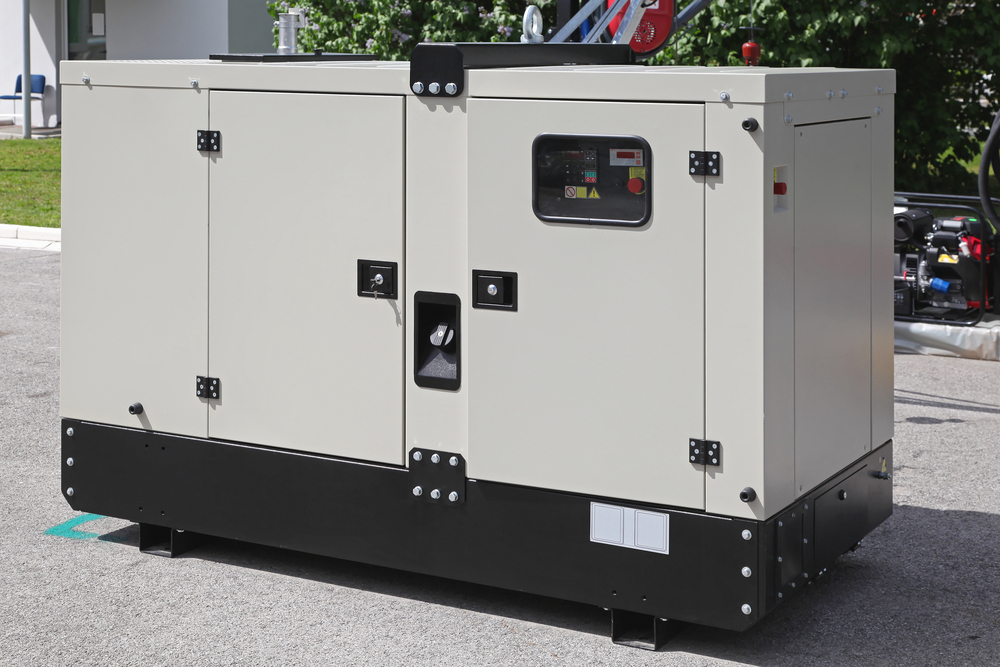While low economic growth is expected to keep the diesel generator set (genset) market subdued until 2020, several factors are sustaining market potential. These include the growth of data centres, rising infrastructure investments, low diesel prices due to falling oil prices, and capacity market auctions in the United Kingdom. Environmental and emission regulations in Europe are expected to play a key role in the future usage of diesel gensets. This will cause industries to move toward cleaner burning power generation such as renewables and gas. Companies that focus on client relationships, and offer newer, high-quality, reduced diesel fuel emission products like hybrid gensets, are positioned for growth.
European Diesel Generator Set (Genset) Market, Forecast to 2020, new analysis from Frost & Sullivan’s Power Generation Growth Partnership Service program, includes an in-depth analysis of the European diesel genset market with a specific focus on drivers and restraints, opportunities, challenges faced by industry participants, applications, and competitive landscape for key market players such as Caterpillar, Cummins, SDMO, Himoinsa, MTU, Pramac, and Euro Diesel.
“The diesel genset of 1MW power range segment is set to benefit as demand intensifies from data centres, with their high-power requirements and need for solutions with quick start-up times and maximum reliability,” explained Frost & Sullivan Energy & Environment Industry Analyst Manoj Shankar. “Data centre networks across Europe are witnessing increasing investment from technology companies, such as Apple, Salesforce.com, IBM, Google and Amazon, to tackle intensive data creation, tougher data protection laws, and the expansion of banks and technology companies within Europe.”
Regional developments and trends positively impacting the European diesel genset market include:
- Increasing construction and commercial activity in Eastern Europe and the Nordic region;
- Capacity auctions and increased usage of diesel as backup power for data centres in the United Kingdom. Industrial investments will also increase once post-Brexit trade tariffs with the European Union are negotiated;
- Diesel genset market growth in France due to an expected industrial revival;
- Demand for diesel gensets from new applications like grid support in Germany, where gensets are used in parallel with solar photovoltaic;
- Economic growth in Ireland and Spain;
- Rising construction sector will aid development of the genset market in Western Europe, while intense competition from Asian participants, especially Turkey and China, will keep prices low in Southern and Eastern Europe;
- Market in Italy is growing slowly with 20 small and medium active participants; and
- High data centre activities concentrated on financial centres in Belgium and Netherlands, making these countries genset market hotspots.
“With nearly 40 per cent operational cost saving expected from hybrid gensets due to low diesel fuel consumption and reduced maintenance visits, adoption and customer preference are expected to grow at a high rate in Europe in the near future,” noted Shankar. “Companies should invest in research and development to create innovative products to support sustainable long-term market growth.”




